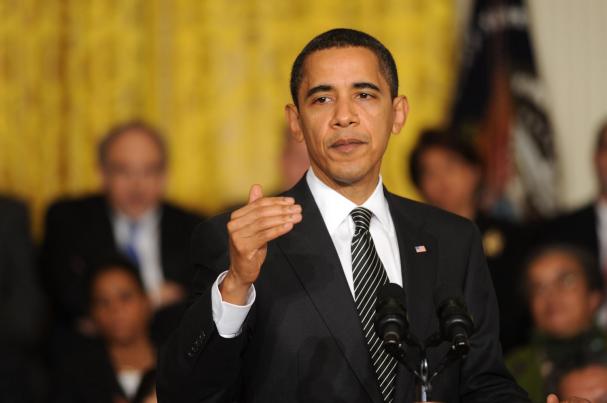Afghanistan is once again in the news for many reasons. First off, Elina at FPA’s Central Asia blog has reported that not only has the US officially secured a transit route through Uzbekistan, but also that Kyrgyzstan is actually still considering allowing the US to stay at the Manas Air Base. Hmmm. Secondly, Sec of State Hillary Clinton President Obama have publicly criticized the recent law passed by the Afghan Parliament limiting Afghan women’s rights in the home. While Obama stated that the law was ‘abhorrent‘ he also reiterated that it would not stop the US from pursuing its strategic interests in the country, that being defeating Al Qaeda, Clinton took a stronger stand against the law, stating; “I was deeply concerned because I do not think it reflects the values of the vast majority of the people of Afghanistan. This was a law, as I understand it, that was aimed at a minority of a minority, and it does impose harsh restrictions on women and children.” President Karzai argues that the Western media has been mislead about the law’s details and vows to review it soon.
But the issue I really want to discuss today is the Europeans lack of real support for NATO’s efforts in Afghanistan. The Obama administration has committed to increasing the US troop level in Afghanistan from about 38,000 to almost 68,000 by the end of this year. After making this unilateral move, Obama was no doubt hoping for an increase from NATO’s other members. What we got from the rest of NATO this week was 3,000 short-term troops to help out with security during the crucial August presidential election and another 1,400-2,000 that would assist the training of Afghan police and army forces. Now those troops will indeed help and their targeted purposes are valuable, but it pales in comparison to what is starting to look more and more like the American-war it was in the beginning.

This is not an acceptable commitment by NATO’s European partners. The leaders of Germany, France, etc. praised Obama’s new Afghan-Pakistan strategy, of which a key part was more troops to provide security to Afghan civilians and government, and respond with just this?! No lessening of restrictions on troops nor anymore to do the hard fighting.
Even more disturbing is the trend that this chosen action, or one might say lack there of, for the Europeans portends. This lack of commitment is just the latest acknowledgement that many of these NATO partners lack just that, a commitment, to the Afghanistan conflict. The New York Times quoted these disheartening words from an autonomous European diplomat;
“No one will say this publicly, but the true fact is that we are all talking about our exit strategy from Afghanistan. We are getting out. It may take a couple of years, but we are all looking to get out.”
Though this needs to be taken with a grain of salt as well, when combined with the lack of hard resources provided to the conflict, one has to think that this statement might be shared by many others in Europe. Though, I have always been a strong supporter for NATO and continue to believe in its relevance, this is a sad and divisive moment in its history.
I definitely put most of the blame on the Europeans for this weak display of burden-sharing in Afghanistan, but Obama needs to take criticism as well. One of the promises of his presidency was that he could get our allies to work with us to a greater degree, in other words turning soft power into hard power. In my mind, Afghanistan and NATO was a key cog in this declaration and so far the results have been poor. That being said, there is still time and the US part of the new strategy has barely begun to be implemented.